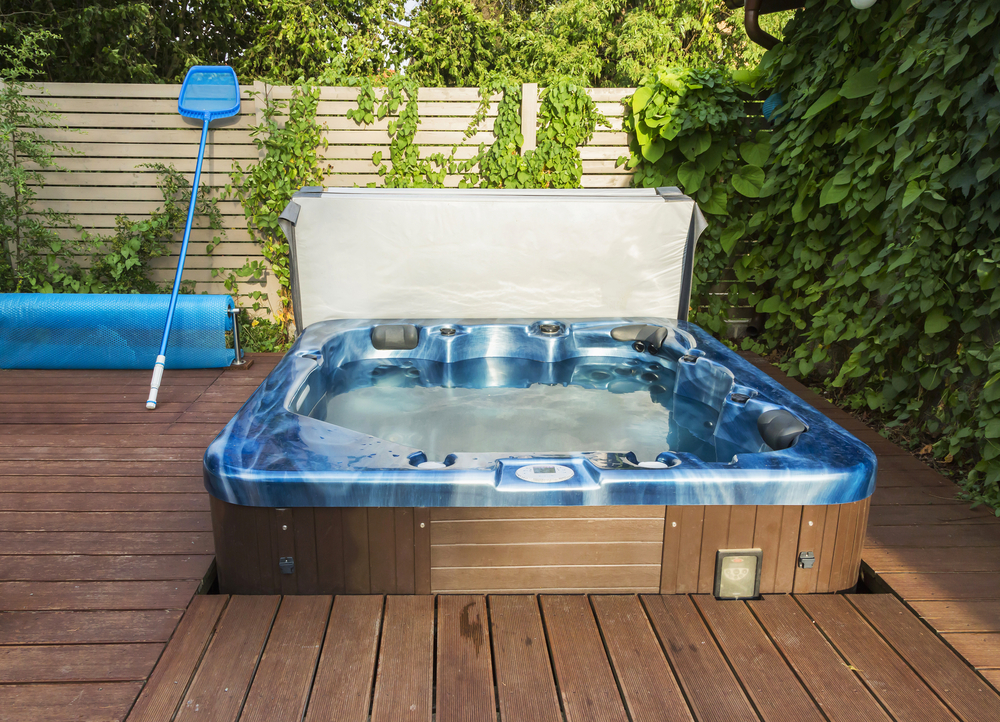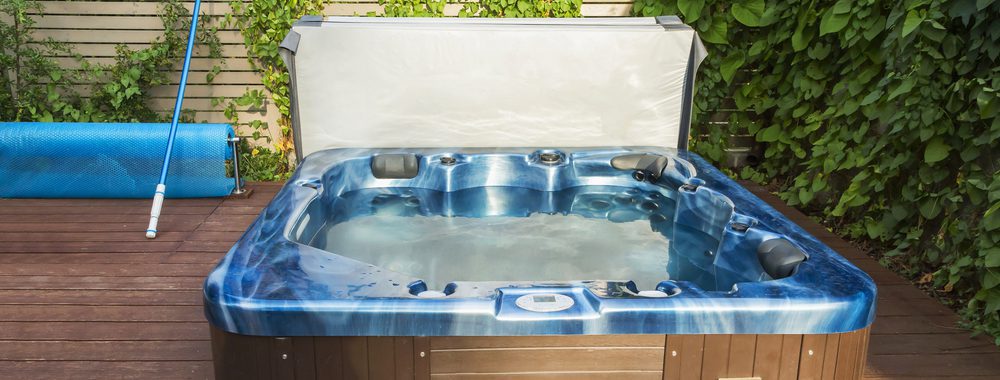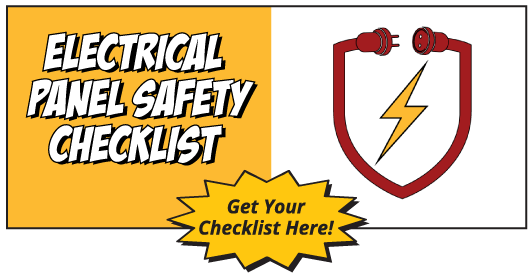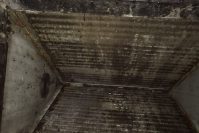
With the increasing popularity of outdoor living areas, we get a lot of questions regarding outdoor electricity at Jeremy Services. If you are thinking of upgrading your outdoor living spaces this year, read on to learn a bit more about electricity when it comes to planning your landscaping and hardscaping projects, installing hot tubs, outdoor kitchens and more. Having a plan beforehand and predicting where you’ll want to run power, either now or in the future, will save you time, trouble and money. Following are three questions we hear a lot this time of year.
Q. We’d like to add an RV hookup to our driveway. What’s the best type of power source to use?
- Most RVs operate on 30 or 50 amp shore power, which recharges onboard 12-volt batteries while it powers high-wattage appliances. It’s a safe bet to opt for the higher amperage, as you can use an adapter to connect your 30 amp RV, but you can’t operate a 50 amp vehicle on a 30 amp circuit. Not sure what amperage your RV uses? If its shore power plug has three large prongs equidistant from one another, it’s 30 amp; if it has three prongs above a fourth, it’s 50 amp.
Q. We’re getting a hot tub! Wanna come over?
- Absolutely! But before we’ll let anybody jump in, let us help you find the best location for your spa, and safely set up your wiring. While there are some non-electrical, and easy to setup inflatable hot tub options out there, The National Electric Code (NEC) has specific guidelines for pools and normal hot tubs that can seem complicated to the non-electrician. If you aren’t 100% confident in your ability to understand the codes and to properly install your hot tub wiring, then your safety and that of your family and guests should be left in the hands of a qualified electrician.
Before you start building your hot tub patio or gazebo, be aware that some sites require special conduits to protect against electrical shock. Any unprotected below-ground wire should not be buried within five feet of the pool or hot tub, and water features should never be installed below power lines or close to outdoor outlets or lighting. We can assist you in determining the best location for your hot tub by inspecting your existing power panels and connections, pointing out hazards and suggesting the ideal location for your underground wiring and maintenance cutoff panel. Inviting one of our experts to help you plan your site can save you from purchasing the wrong equipment or hot tub unit, and by trusting a qualified electrician, you are preserving your home and safety.
Q. What is a GFCI outlet? Where are they required?
- GFCI outlets are protected with ground-fault circuit-interrupters and are used wherever there is the likelihood that an appliance or the receptacle itself may come into contact with liquids. These outlets can sense current irregularities in the current’s path, and automatically cut off the power flow to prevent electrocution. For example, a person operating an appliance provides an optimal ground-fault when his hands are wet, or she is standing in water. This unwanted circuit attracts energy, resulting in electrocution.
GFCI outlets are required in almost all outdoor installations, and in some areas (for example, where they are subject to water from sprinklers or rainfall) must be protected by a cover. Bathroom, kitchens, and laundry rooms should be retrofitted with GFCI outlets in older homes, or with special GFCI-equipped circuits.






